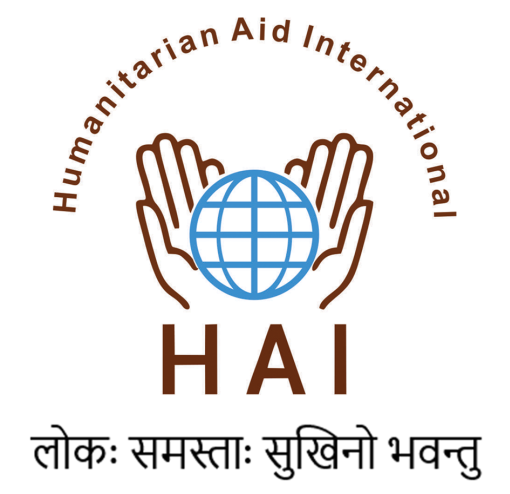Join us in supporting the National Emergency Pooled Fund (NEPF), an initiative to strengthen India’s disaster response capacity.
Disasters, whether natural or man-made, can strike at any time and have devastating consequences. The impact of disasters is felt most acutely by the poorest and most vulnerable communities, who are often the least equipped to cope with the aftermath. The NEPF aims to address this challenge by providing a timely and effective response to medium and mega-disasters that overwhelm the capacity of state governments.
At the heart of the NEPF is our innovative LOCAL Platform, which empowers local actors to respond quickly and efficiently to disasters. The LOCAL Platform is a game-changer in the disaster relief and humanitarian aid sector, providing transparency and accountability to donors, empowering local actors, and preventing the misuse of funds and resources.
But we need your support to make this initiative a success. By contributing to the NPF, you will be helping to build a more sustainable, long-term response to disasters and humanitarian crises. Your donation will help us to provide the necessary resources and tools to the LOCAL members, enabling them to respond to disasters swiftly and efficiently.
At HAI, we are committed to strengthening local organisations’ capacities through grassroots action and humanitarian partnerships. Our approach focuses on exchanging skills and sharing knowledge to promote sustainability. The NEPF is just one of the three pillars of our approach, including a national platform for front-line organisations and a national roster for surge support to smaller humanitarian organisations.
We urge you to donate generously to the NEPF and join us in our efforts to strengthen India’s disaster response capacity. Your donation can make a significant difference in saving lives and rebuilding communities affected by disasters. Let’s make a difference and create a more resilient and compassionate India together.
